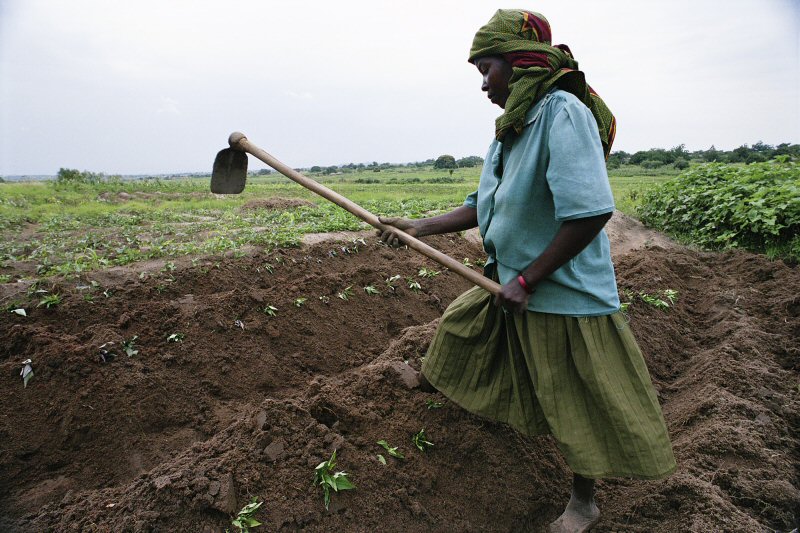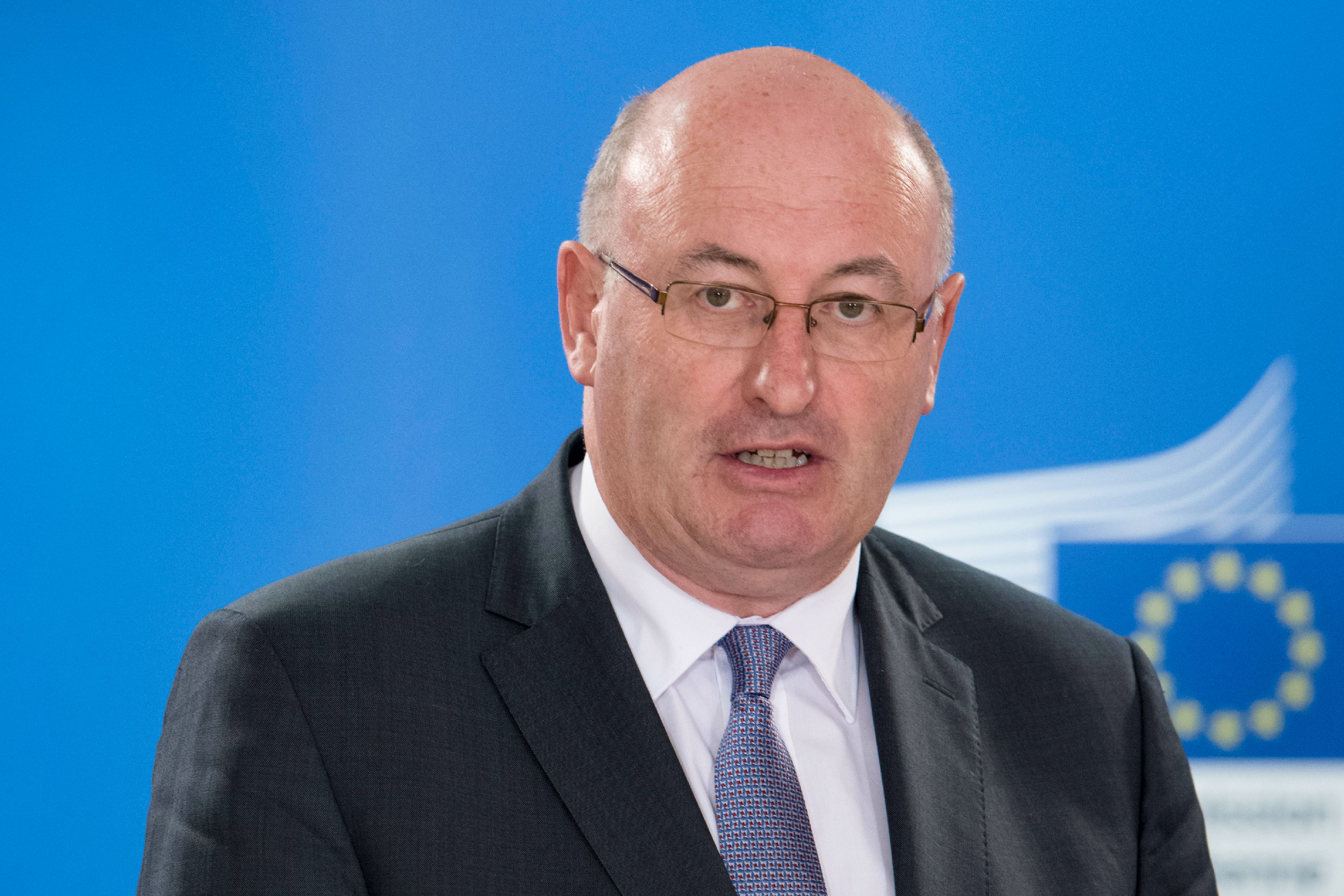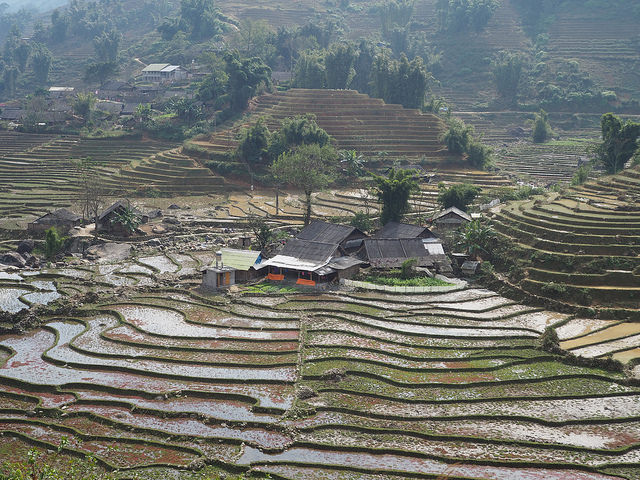We are pleased to welcome this guest contribution from Trees Robijns, Agriculture and Bioenergy Policy Officer, NABU (BirdLife in Germany) and Ariel Brunner, Senior Head of Policy, BirdLife Europe and Central Asia, who react to the Commission legislation proposals on the Common Agricultural Policy post 2020 published earlier today.
We have seen it all before: CAP reform. The same old CAP reform. To many of us following the process in detail, we are always in the run up to, in the middle of, or in the aftermath of a CAP reform. It feels like a never ending story of small incremental steps which, only to the absolute “uber-CAP-nerd”, lead in a clear direction.… Read the rest
By how much is the CAP budget cut in the Commission’s MFF proposals?
Unlike in its presentation of its proposal for the current MFF in 2011, the Commission on this occasion in presenting its proposal for the 2021-2027 MFF did not provide comparative details on ceilings in the last year of the earlier MFF.
There are some understandable reasons for this. The next MFF is designed for 27 Member States without the UK, and so is not directly comparable with the current MFF. Also, the Commission has proposed a different and more simplified structure for the MFF which makes direct comparison difficult.
Nonetheless, in the absence of a column showing 2020 ceilings for the various MFF headings, it is not straightforward to try to work out whether the 2021-2027 figures represent an increase or decrease in proposed commitments and by how much.… Read the rest
The CAP and its limited effect on development
Dr Bettina Rudloff of the Stiftung Wissenschaft und Politik / German Institute for International and Security Affairs and Michael Brüntrup of the Deutsches Institut für Entwicklungspolitik / German Development Institute recently published a joint briefing paper on the implications of CAP reform for development. Their paper is available in English to download here, and they have contributed the following abstract.
For a long time the CAP has been accused of causing damage to developing countries. However, several reforms have limited these risks to a handful of issues. Especially further coupling and the missing internalization of costs related to climate and the environment are the remaining risks for developing countries.… Read the rest
Why capping will be a mirage
Commissioner Hogan confirmed in his press conference folllowing the publication of the Commission’s proposal on the next Multi-annual Financial Framework that the Commission intends to introduce a cap of €60,000 on the maximum amount of direct payments any holding can receive in the next CAP legislative period. Commission President Juncker is reported as telling the Belgian Parliament earlier this week that “the European Commission will propose a €60,000 limit on individual direct payments to support small farm holdings instead of ‘agricultural factories’”. These statements are misleading and disingenuous, because they ignore what is likely to be the fine-print in the Commission proposal.… Read the rest
Commission assaults rural development spending to protect direct payments
Please note that the key chart in this post (the third chart, comparing the CAP ceiling in 2027 with that in 2020, has been updated using Commission figures in this post.
The Commission’s MFF proposal (including both ceilings for expenditure as well as ideas on how to finance the budget) was published yesterday. The Commission claims that the proposal includes reductions of roughly 5% in both the Common Agricultural Policy and Cohesion Policy programmes, as they have the largest financial envelopes. However, another way of looking at the numbers suggests that the cut is more like 15% overall in real terms over the period of the next MFF, but with a much bigger cut in Pillar 2 rural development expenditure of around 26%.… Read the rest
Is there a particular generational renewal problem in EU agriculture?
Six years ago, I wrote a post The greying of Europe’s farmers which reviewed the evidence on the ageing of farm operators up to that point in time (the latest data available referred to 2007). The data confirmed that Europe’s farmers were getting older. However, I questioned whether this was evidence of a growing policy problem. Instead, I suggested “that what we observe is a slow upward shift in the age distribution which can be explained by general social trends (longer schooling periods and longer longevity) rather than any specific worsening of the generational transfer problem in agriculture as such.”… Read the rest
The CAP and migration
One of the more unexpected sections in the Commission Communication The Future of Food and Farming published in November 2017 was the very final section on Migration. This begins “The future CAP must play a larger role in implementing the outcome of the Valetta (sic) Summit, addressing the root causes of migration.” This is, to my knowledge, the first time that an explicit link has been made between the CAP and migration pressures from countries outside the EU in a Commission publication. For example, in the most recent EU Policy Coherence for Development report from 2015, the section on agricultural policy makes no reference to migration.… Read the rest
Implications of Brexit for developing countries’ agri-food trade
Back to Brexit, I’m afraid, but I thought readers of this blog might be interested in a recent working paper I have written on this topic. Brexit (the UK’s exit from the European Union) will have important repercussions for the agri-food trade of developing countries because of the UK’s size (it is the sixth largest economy in the world) and its important role as an importer of agri-food products (it accounts for 12% of the EU’s imports from developing countries). These effects will occur through a variety of different channels.
Some of the key conclusions of the paper are:
• There will be higher trade costs for UK-EU27 trade.… Read the rest
Co-financing CAP Pillar 1 payments
After a couple of Brexit posts, it is time to return to the debate on the future of the CAP and its financing. Early last month, I wrote a post making the case for co-financing CAP Pillar 1 payments in the forthcoming MFF proposal from the Commission. I have since fine-tuned the arguments and the result has appeared as a policy brief published by the Swedish Institute for European Policy Studies.
From the summary:
… Read the restThe idea of national co-financing of the EU’s income support to farmers was introduced into the debate on the next Multi-Annual Financial Framework (MFF) in June 2017 in the Commission Reflection Paper on the Future of EU Finances.
The Brexit negotiations on the future trade relationship
On 23 March 2018, the European Council in its Art. 50 formation welcomed the agreement reached earlier last week by the negotiators on parts of the legal text of the Withdrawal Agreement covering citizens’ rights, the financial settlement, a number of other withdrawal issues and the transition. Prime Minister May wrote following that agreement to European Council President Donald Tusk giving her full support to the draft Agreement and highlighting, in particular, her support for efforts to solve the Ireland border issue. The European Council was therefore willing to set out its guidelines with a view to the opening of negotiations on the overall understanding of the framework for the future relationship, which will be elaborated in a political declaration accompanying and referred to in the Withdrawal Agreement.… Read the rest







